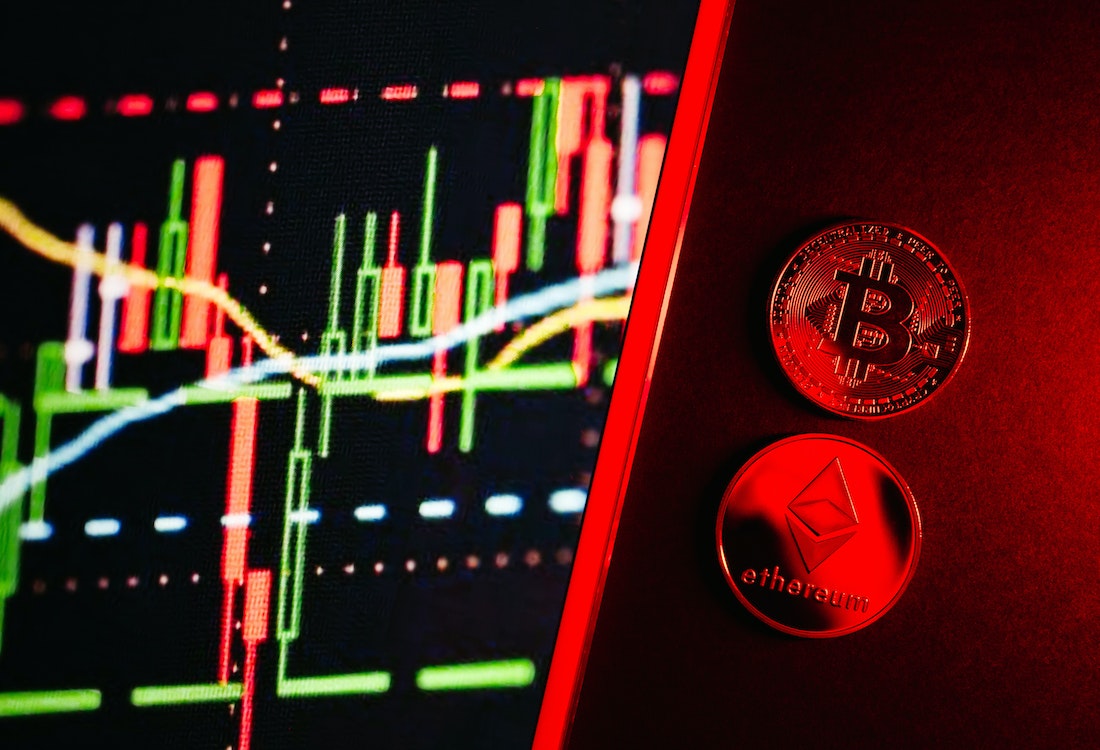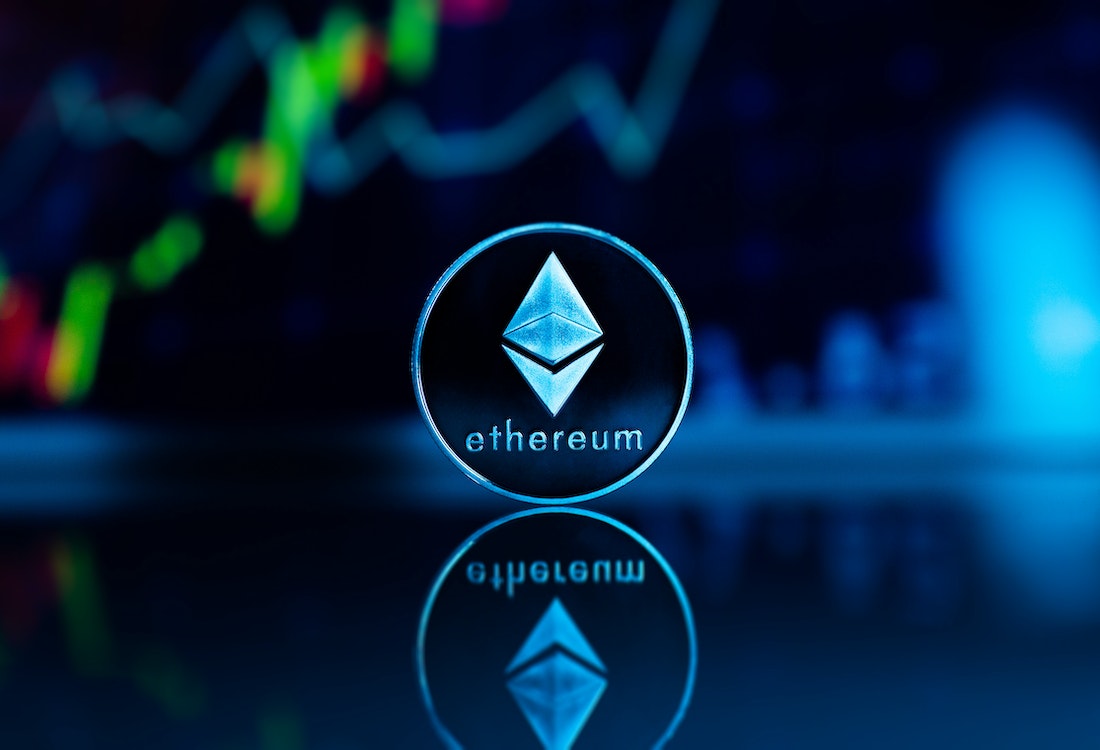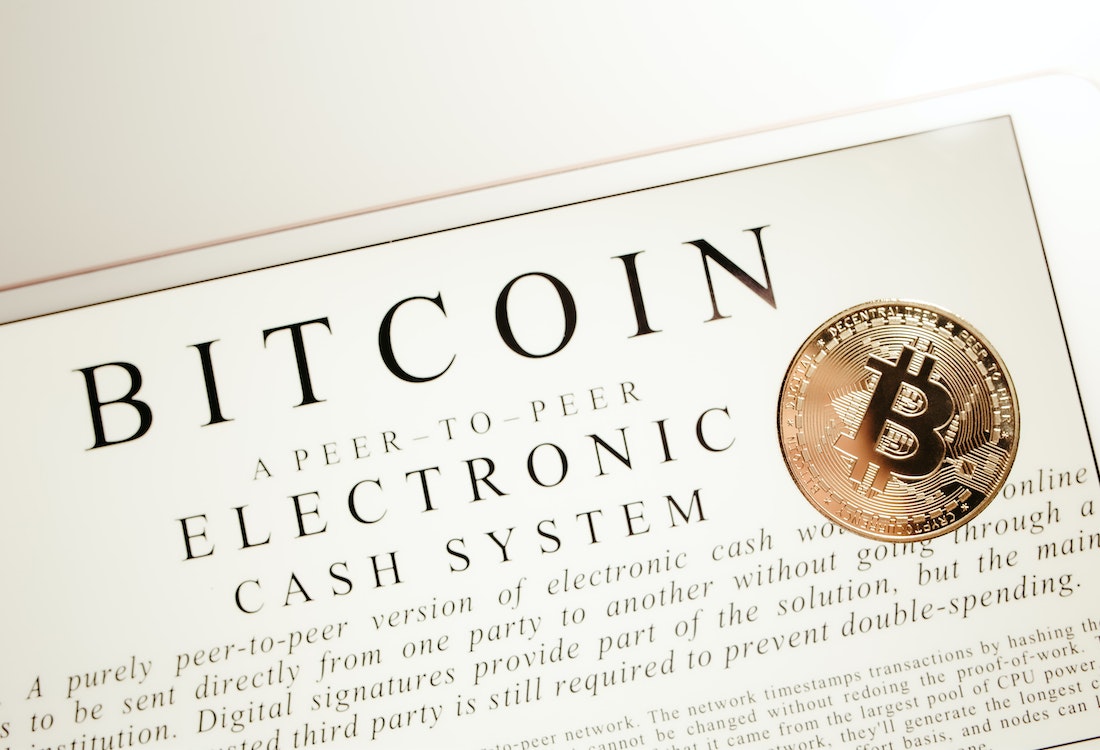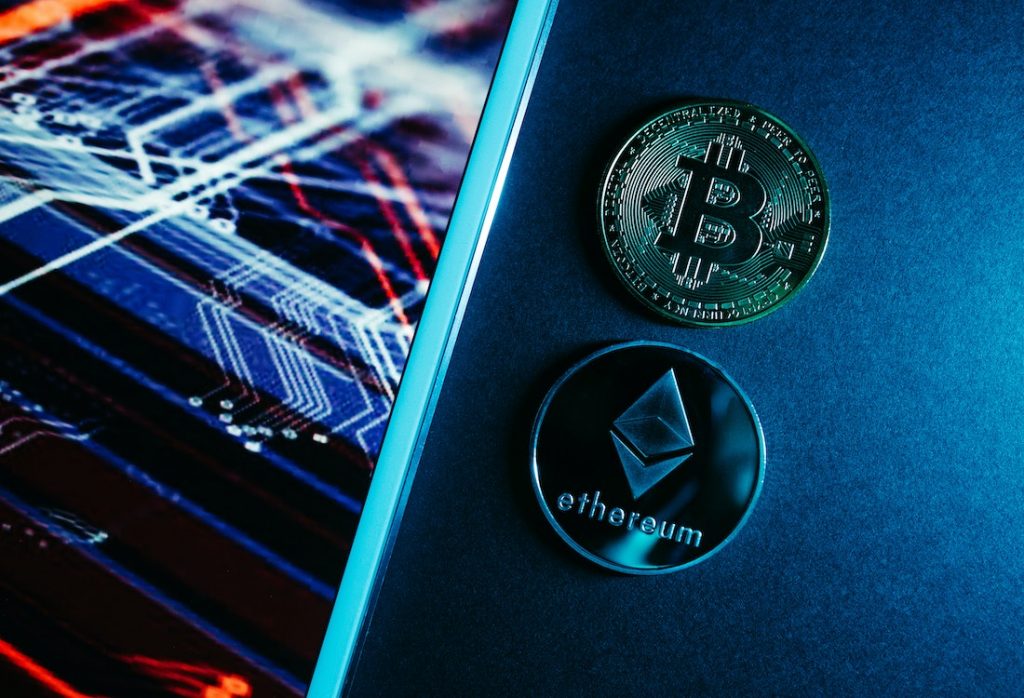In the ever-changing world of digital currencies, a new wave has completely changed how people think about and deal with value in the online world. And among these game-changing innovations, Non-Fungible Tokens (NFTs) have taken the spotlight, making headlines and capturing everyone’s imagination.
With a mind-boggling trading volume of $24.7 billion in 2022, NFTs have caught investors’ eyes and piqued the general public’s curiosity. But despite their skyrocketing popularity, NFTs remain a bit of a mystery to many. The latest data shows that few Americans know NFTs and their potential.
This article dives into NFTs – what they are, their potential as investments, the risks involved, and how they could shape the future of digital ownership and creativity. Come on a journey to explore the fascinating world of NFTs and see if they live up to the hype as a wise investment choice.
What are NFTs, and why are they gaining popularity?

NFTs are digital assets that are unique and certified using blockchain technology. They establish ownership and authenticity of specific items, artworks, or collectibles in the digital world. Unlike cryptocurrencies, each NFT is distinct and cannot be interchanged with another.
NFTs have gained popularity for several reasons. Firstly, they allow artists, musicians, and creators to monetize their digital creations directly, cutting out middlemen. This setup gives creators more control and a direct connection with the audience. Moreover, NFTs create a sense of exclusivity and rarity, appealing to everyone’s desire for unique ownership. Blockchain technology ensures transparency and security, giving buyers confidence in their purchases.
The intersection of technology, creativity, and financial potential has propelled NFTs into the spotlight, sparking a global conversation about the future of ownership and digital value.
Are NFTs a good investment?

The surge in interest around NFTs has got many people wondering if they’re really worth investing in. Keep reading to dig into the potential profitability, the risks involved, and why people are jumping into the NFT investment trend.
Profitability of NFT Investments
Investing in NFTs has shown incredible profit potential. Factors like scarcity, celebrity involvement, and cultural significance drive their value. NFTs are unique digital assets that let you capture value in the increasingly digital world.
Thanks to demand and auctions, early adopters who got valuable NFTs have made significant returns. Plus, the growing acceptance of NFTs suggests they could appreciate over the long term, making them an intriguing investment opportunity.
Risks and Rewards of the NFT Market
NFT investments can be pretty enticing, but it’s important to remember that they also come with some risks. The market can be super volatile, and there’s always the chance of speculative bubbles. Plus, you’ve got to keep an eye out for authenticity concerns, intellectual property disputes, and the possibility of oversaturation.
That being said, if you take the time to understand the market, make informed choices, and navigate these challenges, there’s a chance to make some serious profit. It’s no wonder so many people are drawn to owning something unique and being part of the digital movement, even with all the unpredictable twists and turns the market may take.
How do NFTs work, and what makes them unique?
The complexity of NFTs can be intimidating, but understanding what makes them special will help you decide if they’re worth investing in. So, here’s a look at how they work and why everyone is so excited about them.
Digital Ownership and Scarcity

NFTs bring in a whole new way of owning digital stuff using blockchain. They create records that prove you own something and show it’s real. Each NFT is one-of-a-kind and represents something special, like art or a collectible. They’re unique because you can’t divide them, and they have special details. The fact that they’re rare is what makes them so valuable. When you own an NFT, you have the rights to that specific thing in a vast digital world, making it cool and important.
Role of Blockchain Technology in NFTs
Blockchain is the backbone of NFTs. It’s like a decentralized and unchangeable ledger that guarantees the authenticity and history of digital assets. With smart contracts, NFTs can even automate things like royalties for creators when they’re resold. This technology ensures there are no fake NFTs and allows secure transactions between people worldwide. Blockchain’s transparency and cryptographic security play a significant role in making NFTs unique and valuable.
Can NFTs provide long-term value?
With all the buzz around NFTs, one crucial question arises: Can NFTs stand the test of time and hold long-term value? Below are some factors to consider when looking at the potential longevity of NFT investments.
Historical Performance of NFTs as Investments
In their relatively short existence, NFTs have had fantastic success stories and cautionary tales. Those who got in early and saw the potential of unique digital assets have made some significant gains, but there have also been times when prices crashed due to speculative bubbles.
It’s clear from looking at the history that thorough research, understanding the market, and finding NFTs that resonate with people are all crucial when considering investments. To ensure maximum investment returns, you can learn more about liquidity and trading opportunities from popular NFT communities and Discord servers.
Future Growth and Sustainability of the NFT Market
The NFT market has been evolving rapidly, which has sparked debates about whether it will last in the long run. But when you consider the convergence of art, technology, and digital ownership, it becomes clear that growth has a huge potential.
With mainstream adoption on the rise, celebrity endorsements, and integration across industries, it seems like the market is growing up. The key to its sustainability lies in nurturing relationships with artists and the community, addressing environmental concerns, and keeping innovation going. Ultimately, this will determine whether NFTs can provide long-lasting future value.
What are the risks and challenges of investing in NFTs?
Every investment comes with risks, and the NFT market is no exception. Here are some of the challenges you should be aware of when investing in NFTs.
Market Volatility and Potential for Price Fluctuations
NFTs have shown a lot of ups and downs in prices, all because of things like hype, speculation, and changing trends. The costs can go up and down fast, meaning you can make or lose a lot of money quickly. Since the market is still new and unpredictable, thinking carefully and taking a long-term view is essential to ride the waves of uncertainty and find good chances to make money.
Scams and Frauds in the NFT Space
Unfortunately, the decentralized and pseudonymous nature of blockchain technology has given scammers an opportunity to take advantage of unsuspecting buyers and artists in the NFT ecosystem. It’s about counterfeit NFTs, phishing schemes, and fake marketplaces that pose serious threats. So, it’s essential to do your due diligence and ensure the NFTs you’re interested in are authentic and that the platforms you’re using are legit.
Stay aware of potential scams, follow secure transaction practices, and stick to reputable marketplaces to protect yourself from fraudulent activities. To check the legitimacy of an NFT, you can look it up on various blockchain explorers that provide data about transactions and owners.
How do beginners invest in NFTs?
For beginners, entering the world of NFTs involves several key steps. Firstly, research and education are crucial; understanding the basics of blockchain, NFT marketplaces, and project authenticity is essential. Next, create accounts on reputable NFT platforms, fund a digital wallet with cryptocurrency, and complete any required verification processes. Engage with the community, follow established artists and projects, and start with small investments while gaining familiarity with the market. Consistent learning, cautious decision-making, and staying updated on market trends will contribute to a well-informed and successful journey into NFT investing.
Are there alternative investment options to consider?
If you’re looking for alternative options to investing in NFTs, here are some to consider.
Other Digital Assets and Investment Opportunities
Apart from NFTs, there are other digital assets like Bitcoin and Ethereum that offer alternative investment options. These assets have gained different levels of acceptance in the market, liquidity, and potential for value growth. By exploring a diverse range of digital assets, investors can diversify their portfolios, take advantage of different risk-reward profiles, and tap into the broader potential of blockchain technology.
NFT Investments vs. Traditional Investments
NFTs offer exciting investment opportunities by combining technology, creativity, and ownership. However, they differ from traditional investments like stocks or real estate, which are backed by tangible assets or established revenue streams.
It’s essential to consider the speculative nature and market volatility of NFTs concerning the stability and historical performance of traditional assets. The choice between NFTs and traditional investments depends on your risk tolerance, investment goals, and belief in the future growth of digital assets and blockchain technology.
Conclusion
Weighing the Pros and Cons of NFT Investments
When it comes to NFT investments, it’s important to weigh both the potential and risks. NFTs offer creators unique digital ownership and support and are gaining cultural significance. But it’s also essential to be cautious due to the market’s volatility, scams, and ever-changing landscape.
Whether or not NFTs are a good investment depends on your individual goals and risk tolerance. And when it comes to the question of “why would anyone buy an NFT,” factors like exclusivity, cultural participation, and the evolving digital value landscape come into play. So, it’s crucial to have a balanced perspective when exploring this intriguing yet complex investment opportunity.
Frequently Asked Questions
Is it better to invest in NFTs?
Investing in NFTs offers the potential for unique digital ownership and cultural involvement, but it comes with risks due to market volatility and scams. Careful research and risk assessment are crucial for making informed decisions.
Do people really make money on NFTs?
Some individuals have made significant profits from NFTs through strategic purchases and sales, leveraging market trends and digital scarcity. However, it involves risks and isn’t guaranteed for everyone.
Are NFTs a better investment than crypto?
NFTs and cryptocurrencies offer distinct investment avenues. NFTs emphasize digital ownership and creativity, while cryptocurrencies focus on broader financial applications. The choice depends on individual goals, risk tolerance, and market understanding.
Who invented NFTs?
Computer scientist Kevin McCoy and artist Anil Dash are credited with creating the concept of NFTs in 2014, enabling unique digital ownership through blockchain technology.
How can I create and sell an NFT?
To create and sell an NFT:
- Choose an NFT platform like OpenSea, Rarible, or Mintable.
- Create a digital wallet and fund it with cryptocurrency.
- Mint your digital content (art, music, etc.) as an NFT on the platform.
- Set details like title, description, and royalties.
- Pay gas fees to complete the minting process.
- List your NFT for sale on the platform.
Remember, success requires quality, promotion, and an understanding of the platform’s rules.
